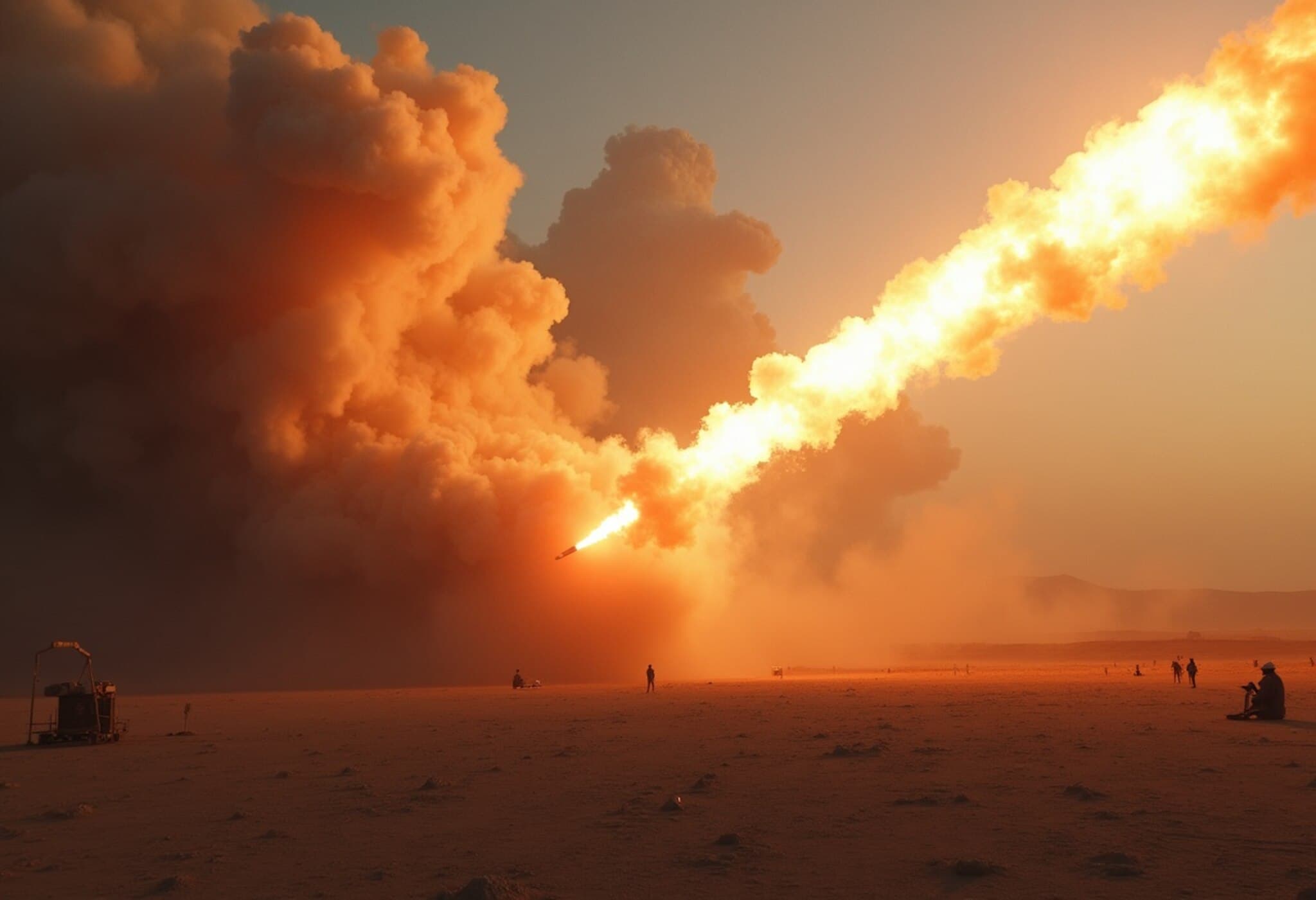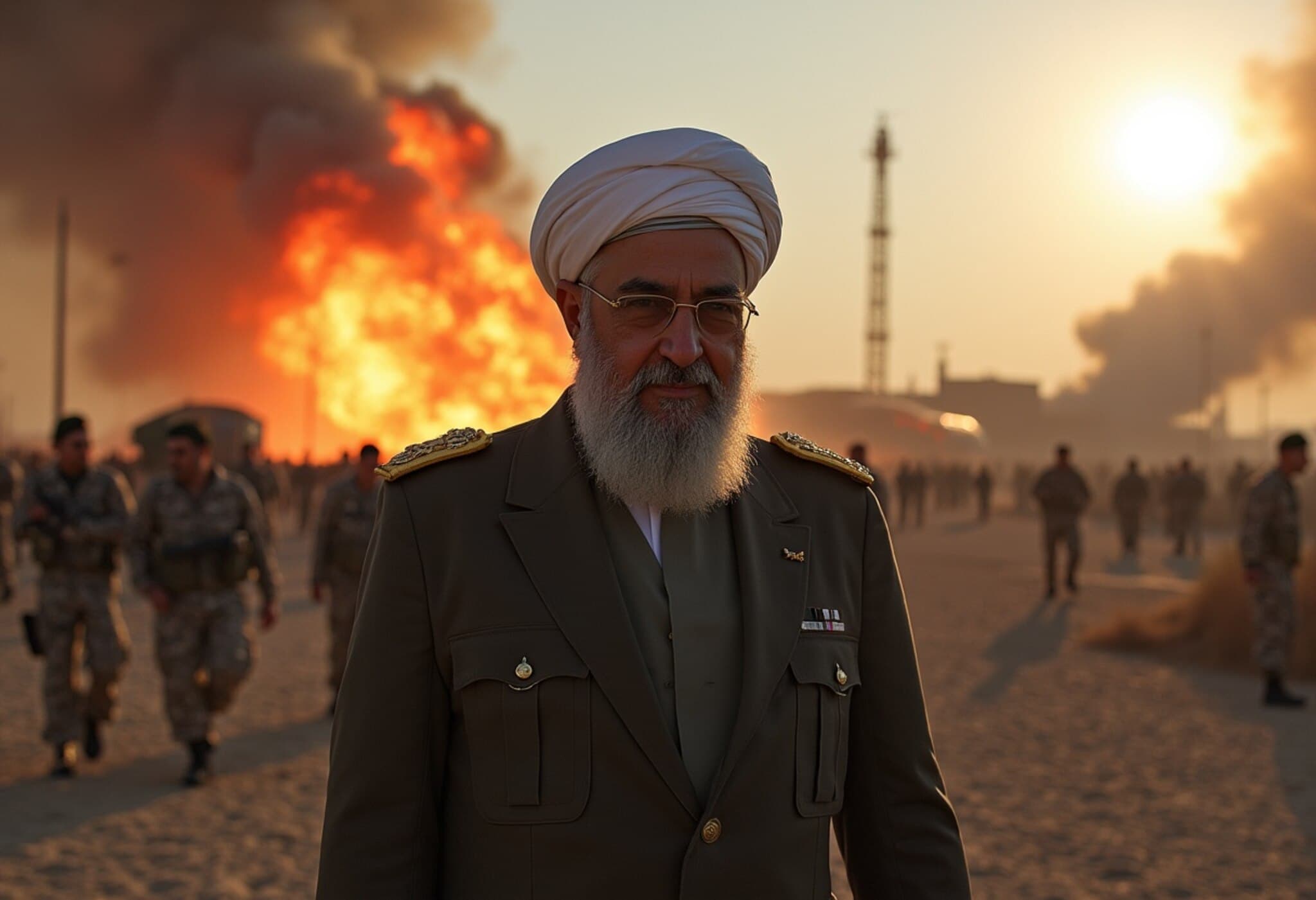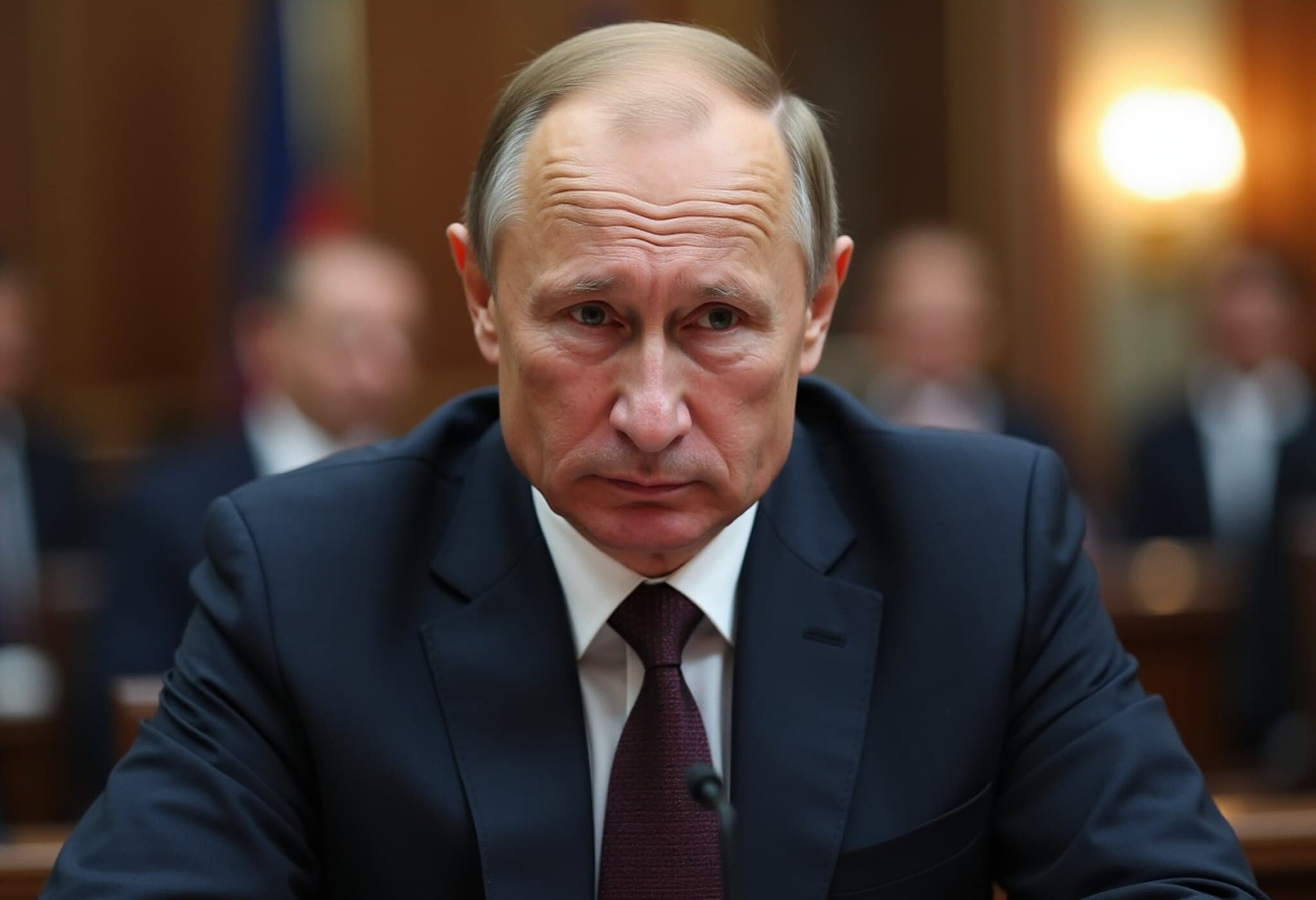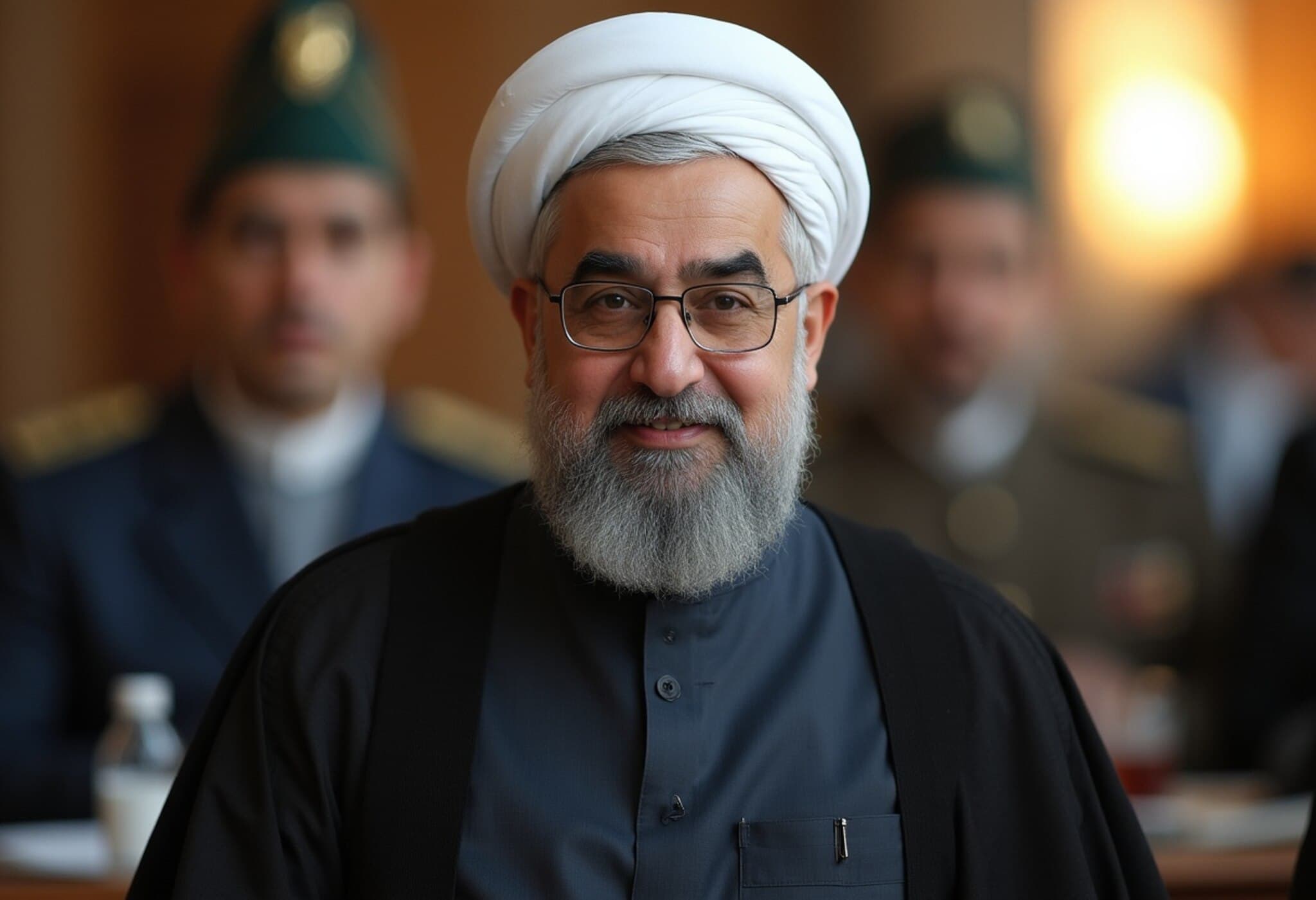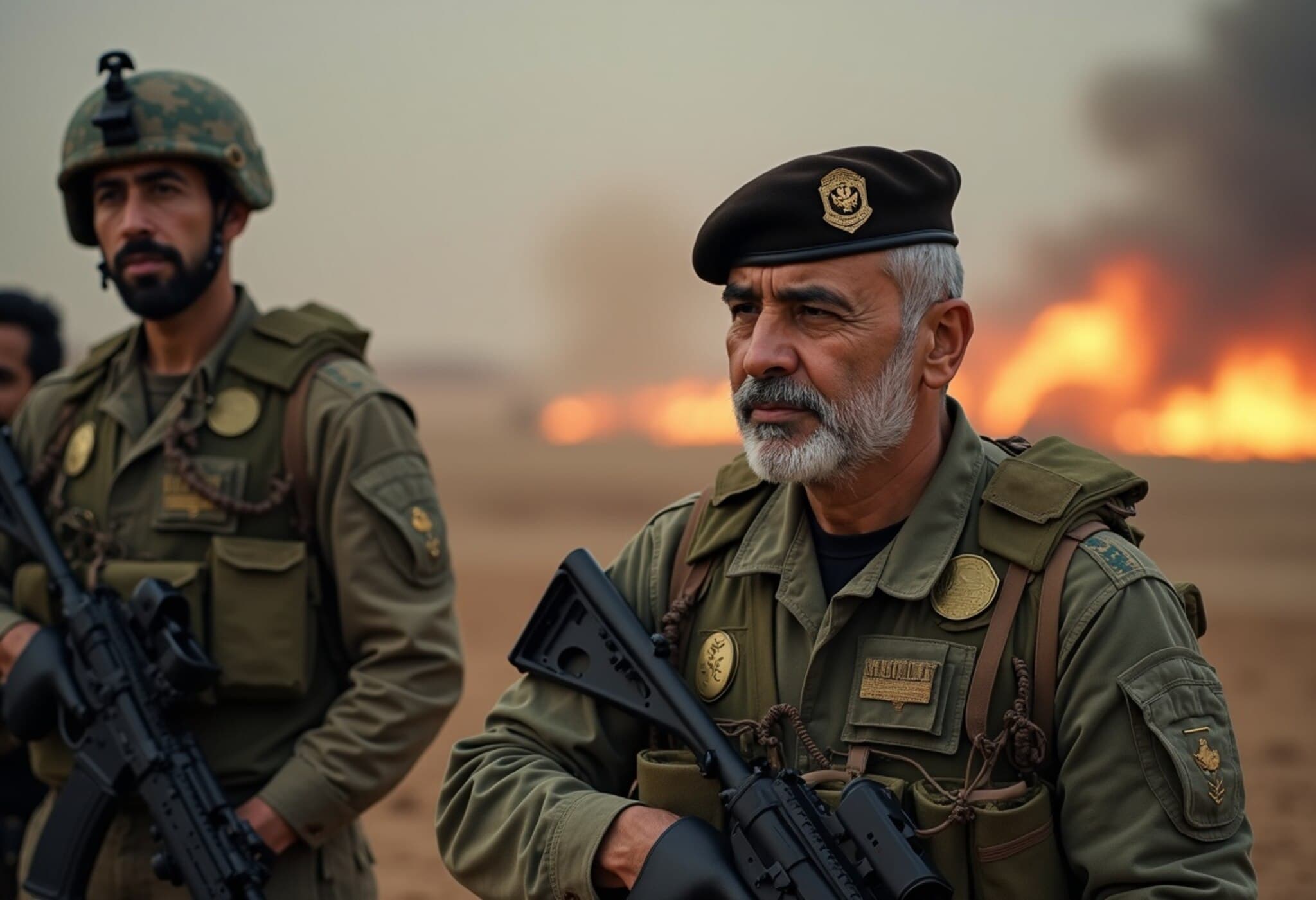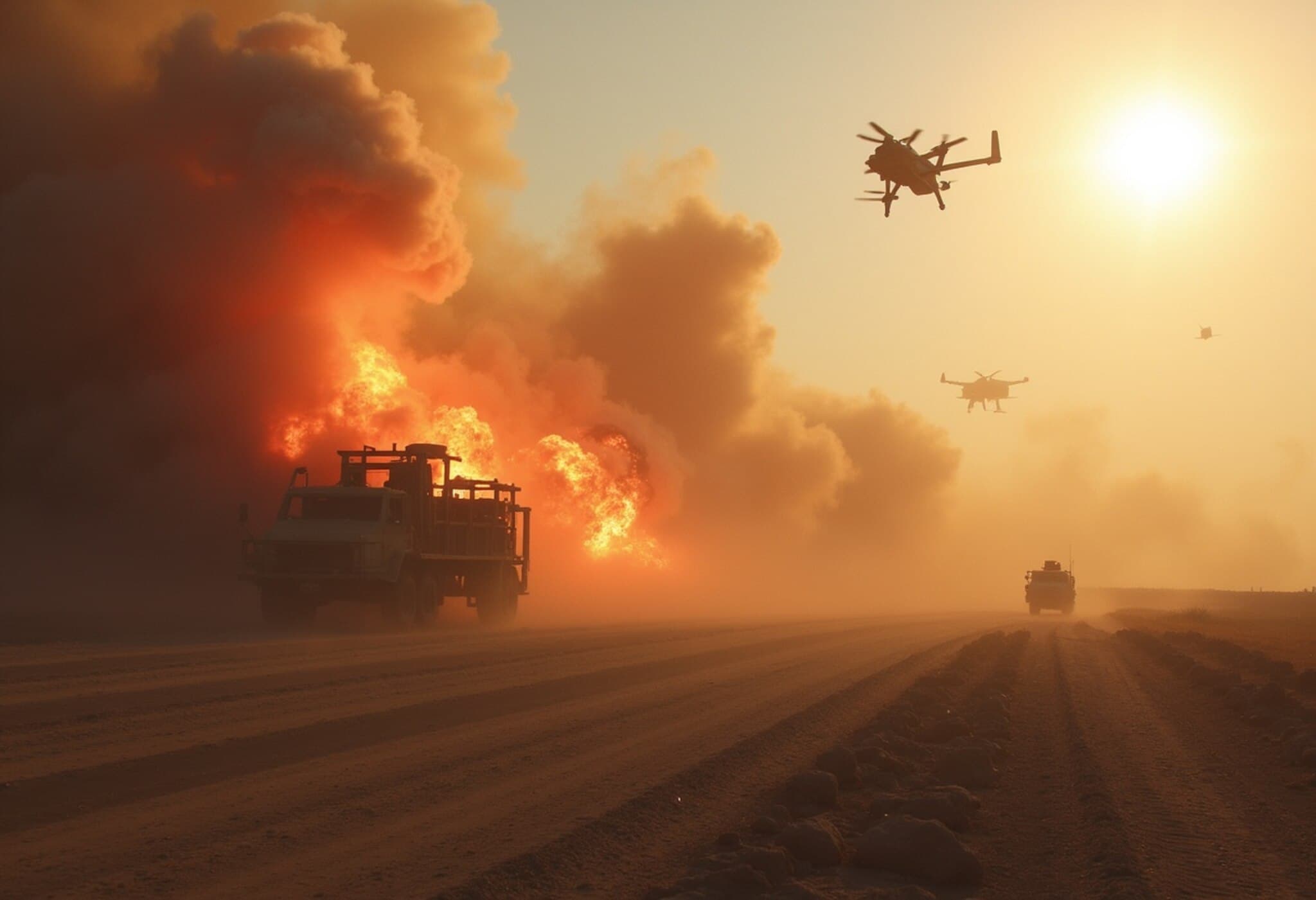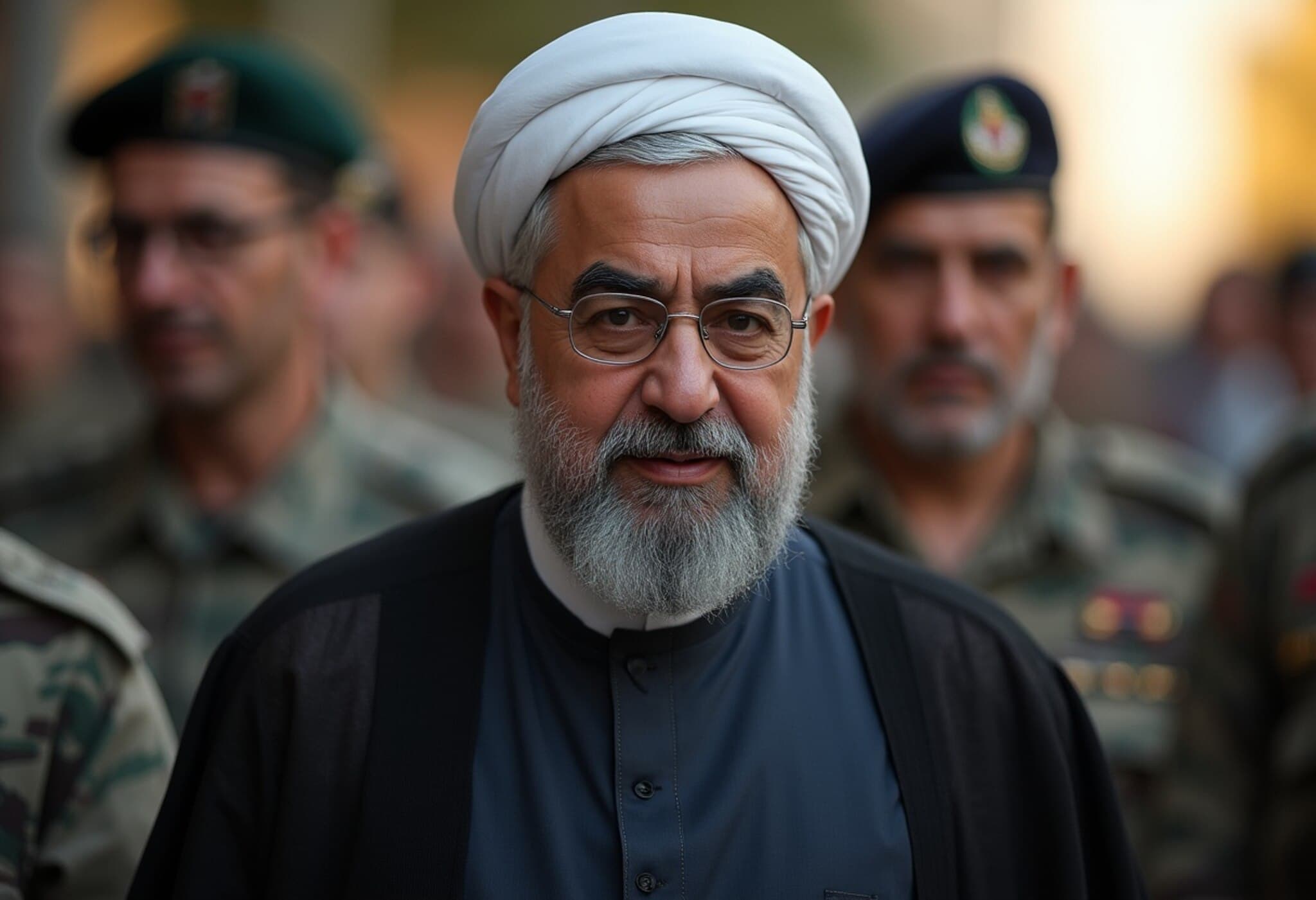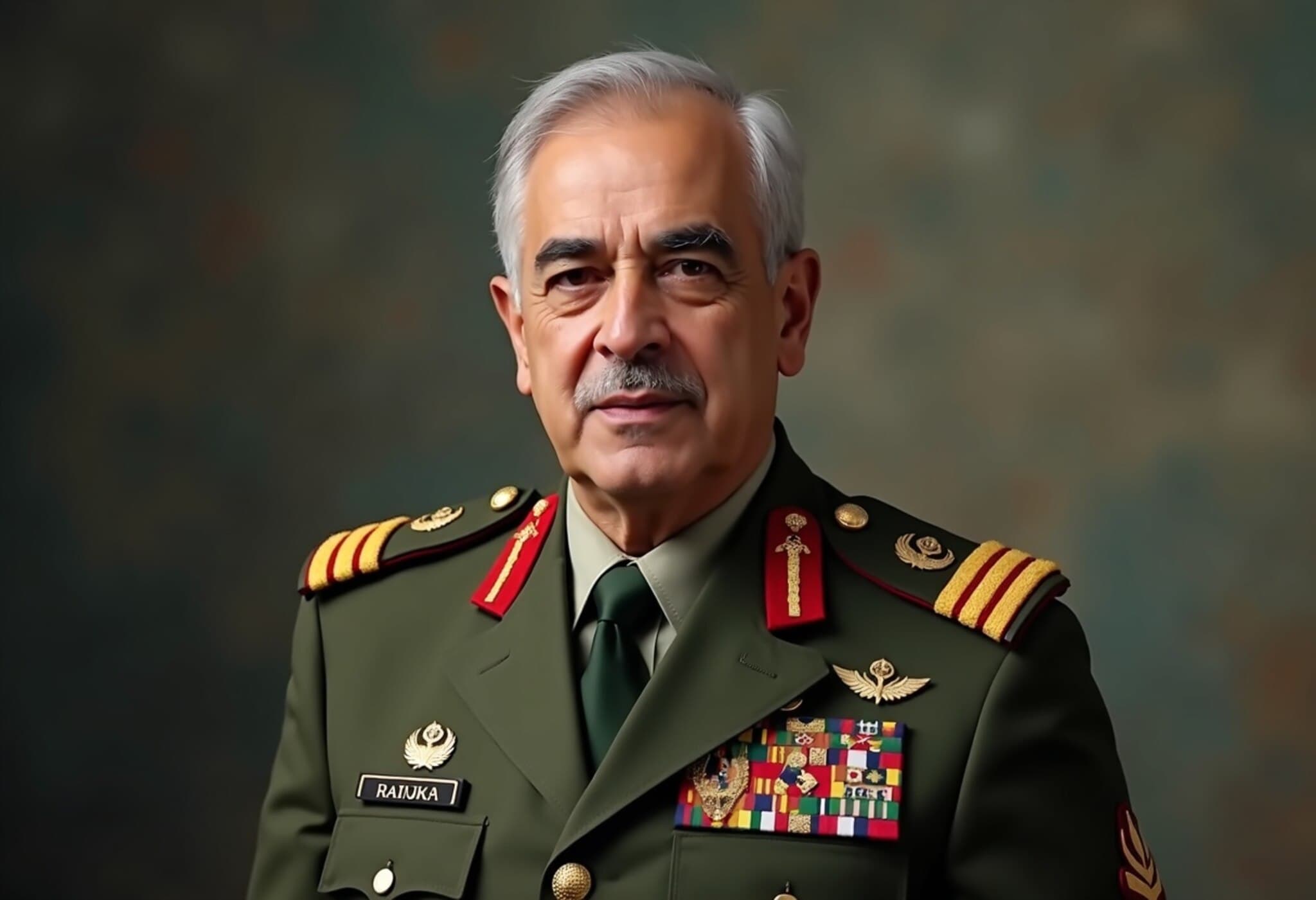Iran Reports Three More Nuclear Scientists Killed in Alleged Israeli Attacks
Iran’s official media announced on Saturday that three additional nuclear scientists have been killed, raising the number of Iranian scientists killed in recent days to nine. The latest fatalities reportedly stem from what Iran describes as targeted terrorist attacks carried out by Israel.
Names and Roles of the Recent Victims
The state broadcaster identified the recent victims as Ali Bekaei Karimi, Mansour Asgari, and Saeed Borji. They were described as highly skilled specialists in fields critical to Iran’s nuclear program, including mechanics, physics, and materials engineering. This brings the tally of Iranian scientists killed in these incidents to nine, following earlier reports of six deaths.
The Broader Context of Ongoing Strikes
According to statements from the Israel Defense Forces (IDF), these strikes have targeted Iran’s nuclear infrastructure and military capabilities. Israeli operations reportedly resulted in the deaths of six individuals linked to Iran’s nuclear program, alongside three senior military officials. This has intensified tensions between the two countries, with Israel vowing to continue its campaign against Tehran's nuclear ambitions.
International Reactions and Rising Tensions
Britain’s Foreign Secretary expressed serious concern over the escalating violence. David Lammy described the overnight events in the Israel-Iran conflict as alarming, urging immediate de-escalation to prevent harm to civilians. He also revealed having a conversation with his Iranian counterpart to promote calm.
Recent Attacks and Their Impact
Israel launched a comprehensive assault using warplanes and drones to target strategic locations within Iran, resulting in numerous casualties including top generals and nuclear scientists. Iran reported 78 fatalities and more than 320 injured in these strikes, which preceded a series of retaliatory attacks on Israeli soil that killed three people and wounded dozens.
Strategic Consequences
Israel defends its actions as vital to prevent Iran from advancing toward developing a potential atomic weapon, although assessments from U.S. officials and experts suggest Tehran was not actively pursuing such a weapon prior to these attacks. Moreover, these developments have thrown planned negotiations between the U.S. and Iran concerning a nuclear agreement into uncertainty, complicating diplomatic efforts aimed at stabilizing the region.
Looking Ahead
The cycle of violence between Israel and Iran appears poised to continue, with warnings from Israel about further strikes and ongoing retaliations from Iran. International stakeholders are closely monitoring the situation, emphasizing the urgent need for de-escalation amid fears of broader regional conflict.





